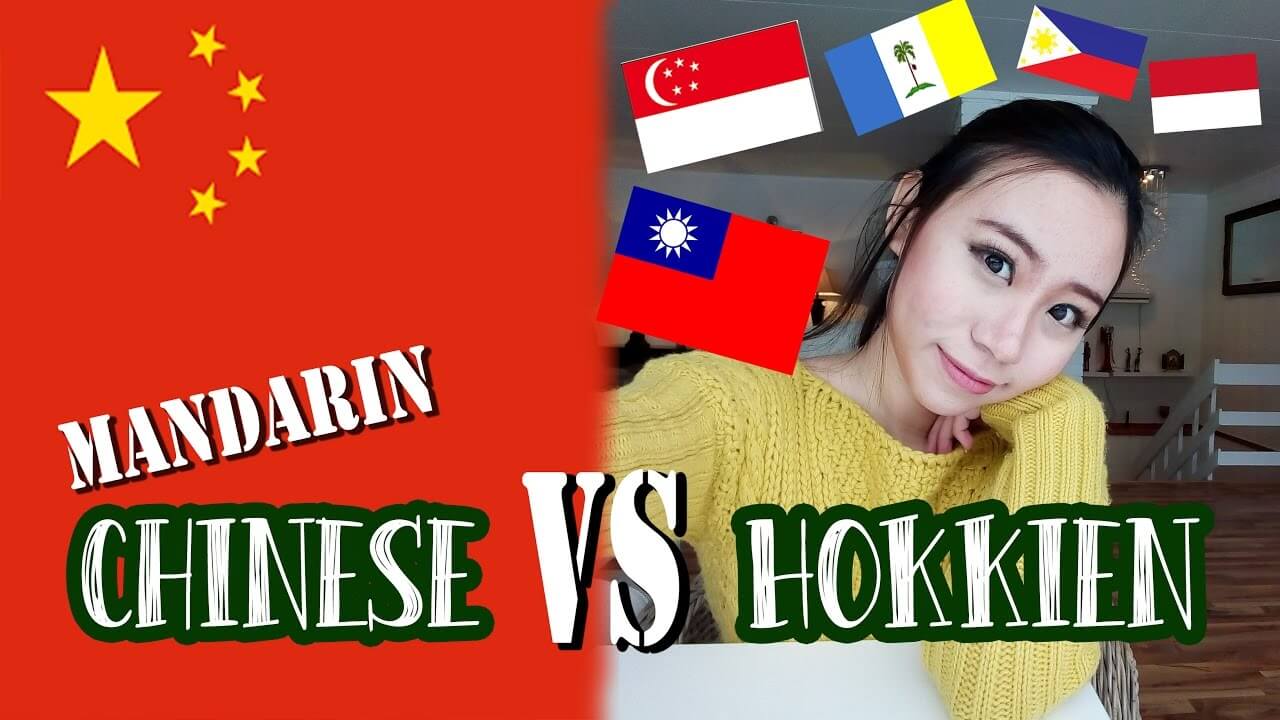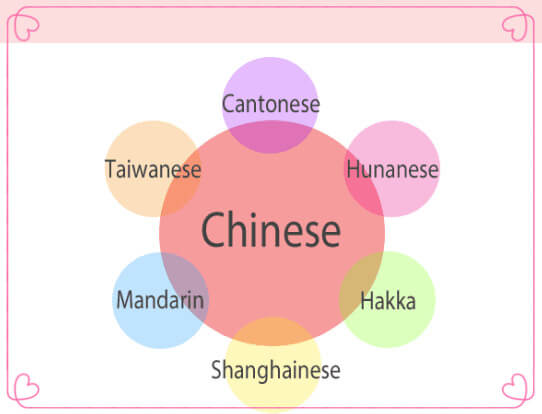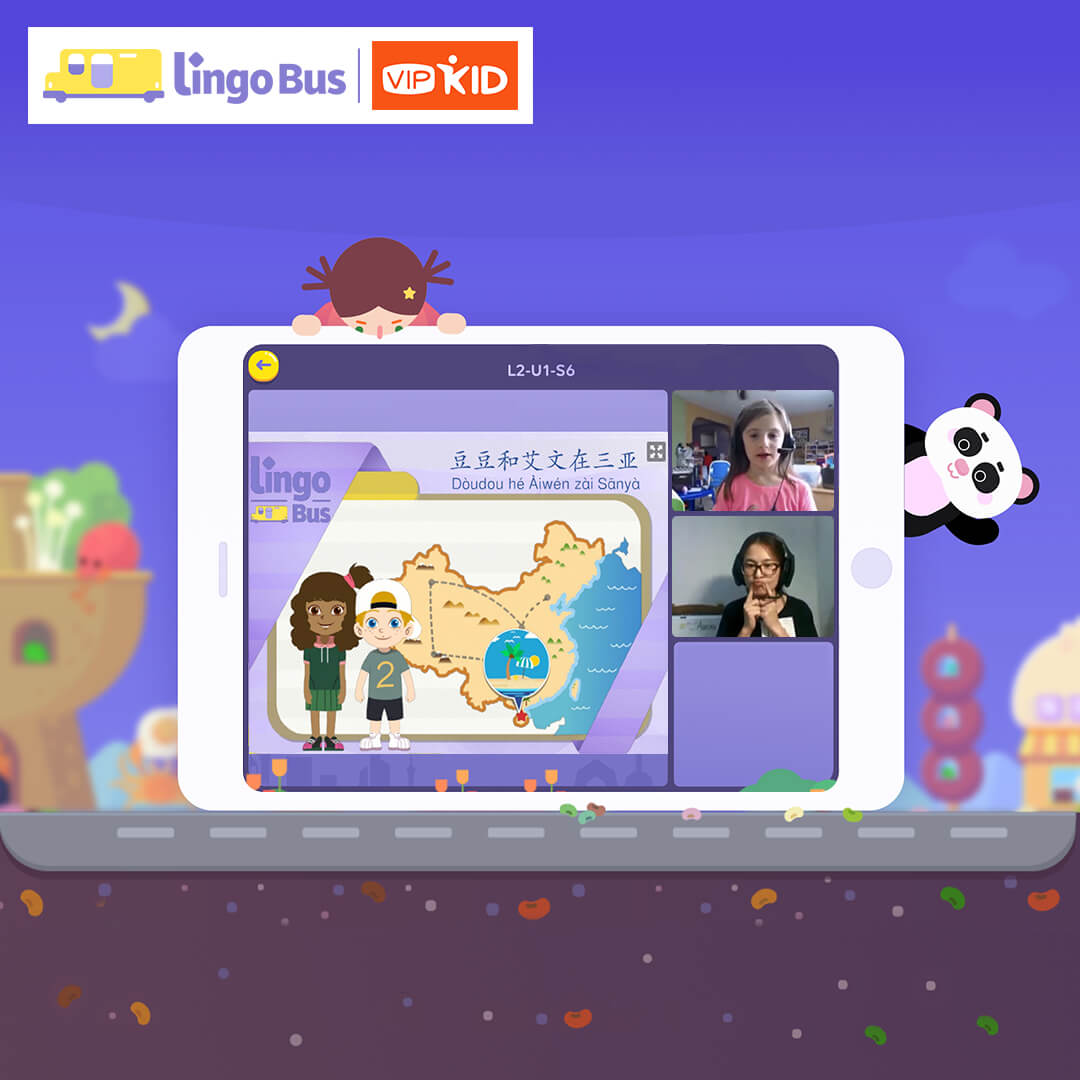What Are The Differences between Chinese and Mandarin?
Deciding to learn ‘Chinese’ comes with a list of never ending questions and decisions. As a new learner you might find yourself thinking, where to study, how to study, and what resources to use, etc. But something that many new learners misunderstand is that you don’t learn ‘Chinese’! Yet there were many times where I would be asked ‘What language are you learning?” and I would reply with “Chinese”. I’ll be honest I still do it now even though I know better.
You might find yourself thinking, what are you going on about? Of course I’m learning Chinese!
Think of Chinese like a family, for example as if they were your neighbors. A family with lots of family members. You might say you know the ‘Chinese’ family and that they live next door. But when asked further you probably mean you know their dad Mr. Mandarin Chinese and no one else. When you decide to learn Chinese you are actually picking one of the family members to get to know! When we say Chinese we usually mean Mandarin Chinese but ‘Chinese’ actually encompasses a whole set of languages. Need some in-depth help with handwriting Mandarin Chinese characters? Read how.
I know it seems a bit confusing so we’ll get right to it!
What is Chinese?
Well unfortunately technically speaking there is no such language as Chinese. So when we say ‘I’m going to learn Chinese’ it’s actually not quite specific enough. Chinese is a term that can refer to many languages. It’s usually language learners (not native speakers) that refer to learning Mandarin as learning Chinese.

So what exactly does Chinese mean?
To overly simplify it Chinese is a term that refers to a common language spoken in China. Some will call it a language some a dialect. Chinese is simply a term that includes multiple dialects or languages. For example, Cantonese, Hakka, of course Mandarin, and many more! If you actually think about it saying Chinese language gives no justice to it, as it includes over 200 dialects! It is a language that is also spoken internationally. Because of this Chinese is the worlds most spoken language in terms of users.
What is Mandarin Chinese?
Mandarin is a form of Chinese language and is usually referred to as the standard Chinese language. As it is the most widely used language among the Chinese, it is the preferred language used by the government, media, and in education. It’s often also called “普通话”(Pu3 tong1 hua4), which literally translates into “common tongue.” It has fewer tones than most other dialects (4 compared to Cantonese’s 9!), and so it’s thought of as the easier of the dialects/languages.
You may not realize it but Mandarin is actually based on the Beijing dialect also known as儿话音 (er4 hua4 yin1). If you are wondering what that sounds like, imagine a pirate! As a lot of words with the Beijing accent get the儿 (er2)” sound added at the end. The reason why Mandarin was chosen was to make it easier to communicate with everyone across China by having a common language.
So when people are talking about “speaking Chinese,” they are most likely to be referring to Mandarin.

Mandarin Vs Chinese: the confusion simplified!
1- Mandarin is simply a dialect from ‘Chinese’. Usually leaners will refer to all Chinese dialects as ‘Chinese’.
2- For social reasons although there are many regional Chinese languages, they are not considered different languages. We call them dialects. However, this is different to Cantonese and Mandarin, which are considered a language in their own right. Although they still fall under the Chinese umbrella.
3-Most dialects belong to the same linguistics tree only having slight differences. For example, the way the word is pronounced (the pinyin) will be different.
4-Mandarin is considered the standard Chinese language in China. One main ‘language’ (dialect) was chosen as a way to unite the citizens and make it easy to communicate. As you can imagine it’s hard almost impossible to communicate using dialects!
If you are interested in this, I suggest going back and learning some Chinese history as to why Mandarin was picked over Cantonese!
5-Mandarin is the most spoken Chinese language; it’s seen as easier as it has less tones! I know! This made me chuckle as well, because Chinese is already considered so hard. Yet believe me it’s easier in comparison to other Chinese languages.
This may not have answered all your questions but I hope now you have some basic understanding about Chinese, it’s languages and dialects! At this point you may have already decided to study Mandarin Chinese, so bellow there are some suggestions on where to find out more.
Where can I learn Mandarin Chinese?
School
If you are thinking of taking the HSK exam you may find plenty of information on where to take classes and the test on the HSK website. If you are lucky to live close enough to a Confucius institute get in contact. As they not only have classes but cultural activities and classes all year around run by native speakers.
Online or through an app
It’s not that easy to find time for classes at a school. This usually involves a long drive there and back, plus the class. It’s a big time commitment that not everyone can invest in. The other option is to use an app to study Chinese. Although this is useful there are also limitations as you don’t have anyone to ask for advice. The best of both worlds is taking online classes with a native speaker from the comfort of your own home. If you have a child aged between 5 to 12 years old, you are in luck! Lingo Bus provides 25-minute game based contextualized learning classes. They have plenty of resources available to their users outside of class, if you are interested, book a free demo class here.

Now that you have some basic idea about the differences between Mandarin vs Chinese it might help you to decide what to study. Whichever one you decide to study it will open a new door to a whole new culture.
Copyright Notice: Everyone is welcome to forward the articles in this blog as long as the links to these articles are also included.


What’s Taking place i’m new to this, I stumbled upon this I’ve discovered It positively helpful and it has aided me out loads.
I am hoping to give a contribution & assist different users
like its helped me. Great job.
Admiring the time and effort you put into your blog and detailed
information you offer. It’s awesome to come across a blog every once in a while that
isn’t the same outdated rehashed material. Excellent read!
I’ve bookmarked your site and I’m adding your RSS
feeds to my Google account.
This is my first time go to see at here and i am genuinely
pleassant to read all at single place.